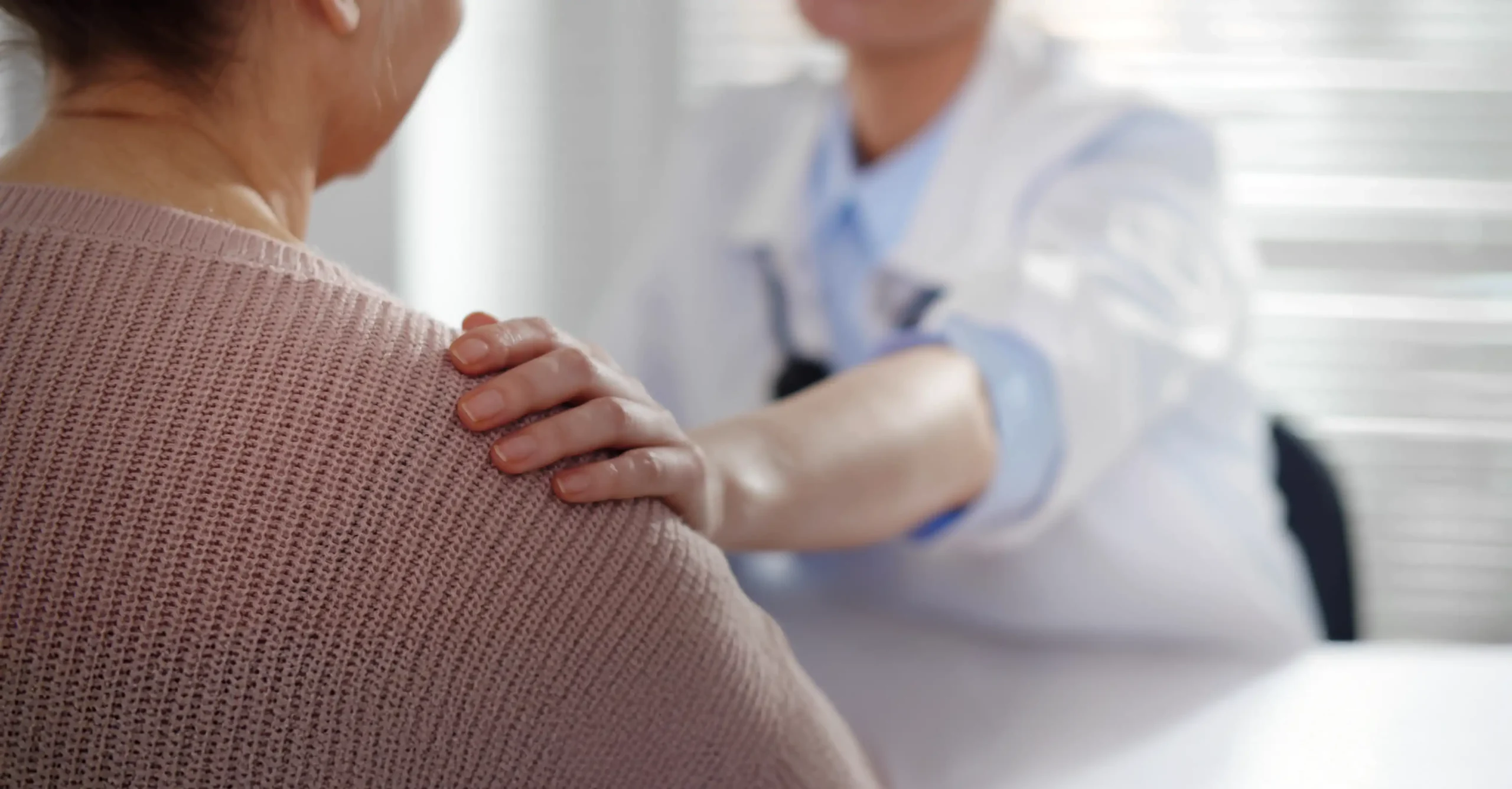Recovering from a shoulder replacement surgery brings many questions and concerns, especially regarding the return to normal activities and hobbies. Golf, with its swinging motions and upper body involvement, is often a significant point of interest for many enthusiasts.
If you’re wondering whether you can return to the greens and fairways after your surgery, here’s what you need to know.
Understanding Shoulder Replacement Surgery
-
Shoulder replacement surgery involves replacing the damaged parts of the shoulder joint with artificial components. The primary goal is to relieve pain and improve the functional mobility of the shoulder. It’s a common procedure for individuals suffering from severe arthritis or after sustaining significant shoulder injuries.
Post-Surgery Recovery: The Road Back to Golf
1. Healing and Rehabilitation: The initial weeks after surgery are crucial for healing. Your shoulder will be in a sling, and your activities will be significantly limited. Physical therapy plays a pivotal role during this phase, focusing on gradually increasing the range of motion and strengthening the muscles around the shoulder.
2. Consulting Your Shoulder Surgeon and Therapist: Before considering golf or any other sport, it’s vital to consult with your shoulder surgeon and physical therapist. They can provide personalized advice based on the specifics of your surgery, recovery progress, and overall health.
3. Phased Return to Golf: If your healthcare team gives the green light, your return to golf should be gradual. Start with putting and chipping to ease your shoulder into the golfing motions. Progress to half swings and, eventually, full swings only when you feel minimal to no discomfort and with your therapist’s approval.
4. Adapting Your Golf Technique: Post-surgery, you might need to adjust your swing technique to prevent strain on your shoulder. Working with a golf instructor who understands your physical limitations can help modify your swing and reduce the risk of injury.
5. Listening to Your Body: Pay close attention to how your shoulder responds during and after playing. Any pain, swelling, or discomfort could be a sign that you’re pushing too hard or too soon. It’s crucial to listen to your body and not rush the process, even if that means taking more time away from the course than you’d like.
Tips for a Safer Return to Golf
- Warm-Up Properly: Always start with a thorough warm-up session focusing on general mobility and stretching, especially around the shoulders.
- Use the Right Equipment: Lightweight clubs and a proper golf bag that doesn’t add unnecessary strain to your shoulder can make a significant difference.
- Stay Hydrated and Rested: Ensure you’re well-hydrated and take breaks as needed. Fatigue can lead to poor form, increasing the risk of injury.
- Regular Check-Ins: Schedule regular appointments with your shoulder surgeon to monitor your progress and address any concerns.
Conclusion
Returning to golf after shoulder replacement surgery is a journey that requires patience, proper guidance, and a cautious approach. While the goal is to get back to the sport you love, prioritizing your health and the longevity of your shoulder must come first. With the right mindset, professional advice, and adherence to your rehabilitation plan, you’ll increase your chances of enjoying golf again, with fewer risks of complications or setbacks.
Remember, every recovery is unique, so it’s essential to base your expectations and timeline on your personal progress and the advice of your shoulder surgeon.




